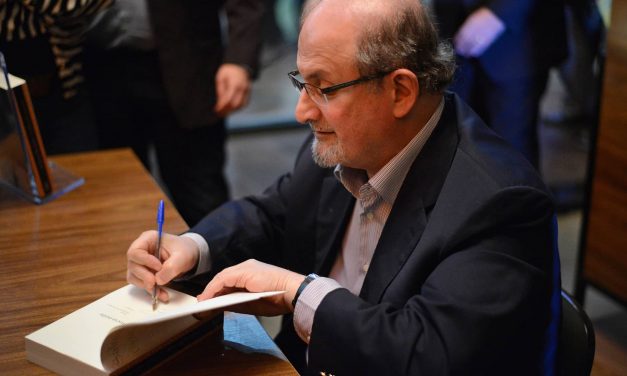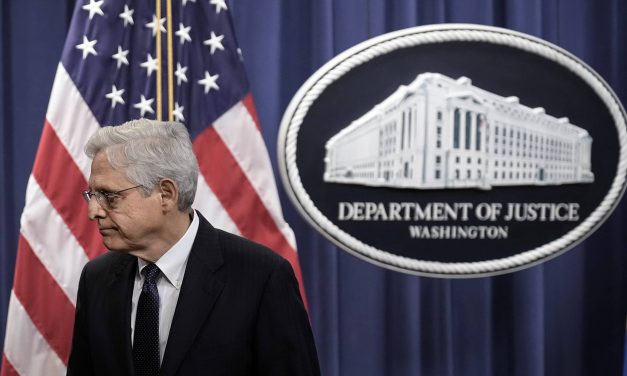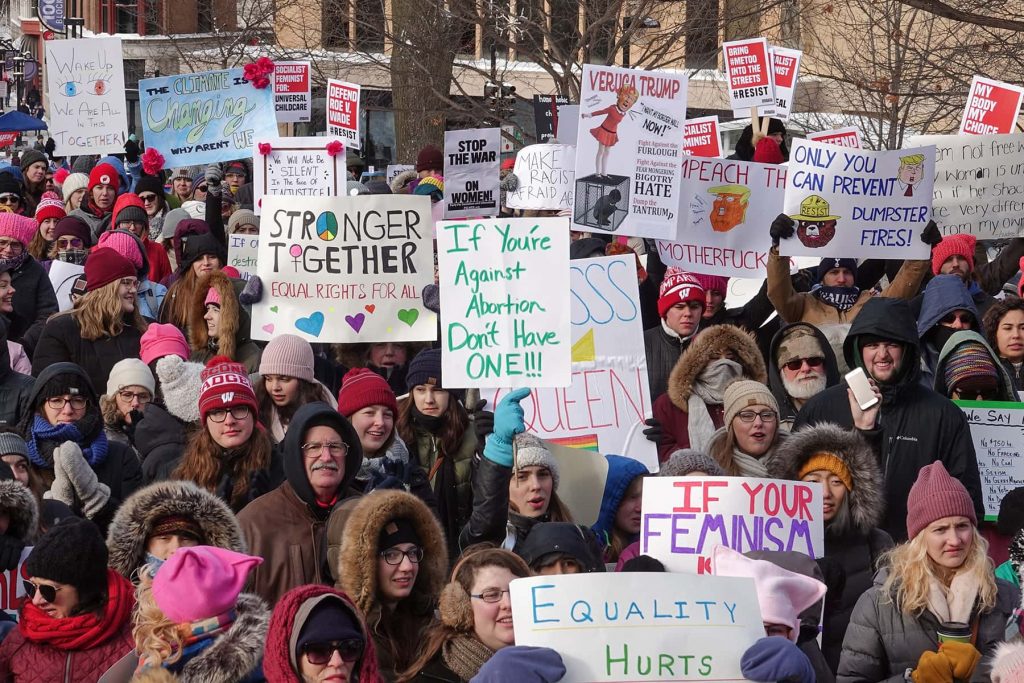Forensic Evidence: Lessons from Afghanistan show challenges of proving Russian war crimes in Ukraine
By Stefan Schmitt, Project Lead – International Technical Forensic Services , Florida International University The United Nations reports that at least 5,237 Ukrainian civilians have been killed in the Ukraine war, but other estimates place this figure at more than 10,000. Ukraine, meanwhile, has started more than 16,000 investigations into suspected war crimes committed by Russians. For me and my colleagues – who since 1998 have worked in securing forensic evidence of these types of crimes in Afghanistan, Guatemala and other places – it is apparent that identifying and collecting evidence of international crimes like killing civilians during conflict...
Read More















